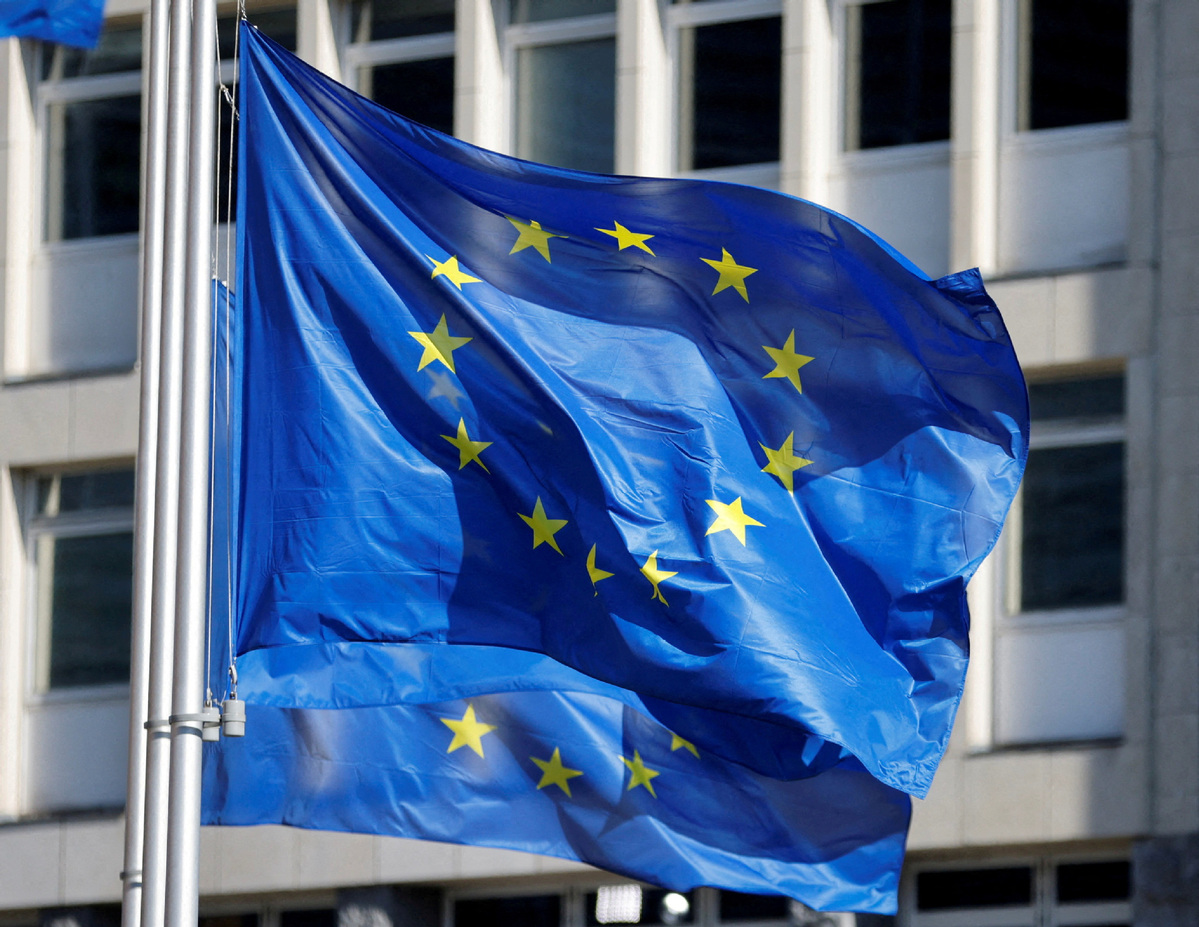Bloc adopts key laws for climate goal


The European Parliament has approved three key pieces of climate law from its pioneering Fit for 55 package, which aims to reduce greenhouse gas emissions by 55 percent by 2030.
The decision confirms an updated emissions-trading system, a carbon border levy on imported goods and an 87 billion euro ($95 billion) social fund, reported the EUobserver news site.
The move is said to be a major step toward the European Union's wider goal of climate neutrality by 2050.
"We have now finally agreed on the holy trinity," lawmaker Peter Liese told EUobserver, following the vote in Strasbourg on Tuesday. "Everybody will benefit from this."
One of the pieces of legislation passed was the Carbon Border Adjustment Mechanism, or CBAM, which is designed to reduce the effects of carbon leakage resulting from global trade in emissions-intensive goods.
The mechanism would allow governments to levy a tax on imported goods from countries that do not have similar emissions reduction plans in place.
The resulting revenue would then be used to support domestic emissions reduction initiatives. The levy will be applied to products such as imported metal, fertilizer, aluminum, cement, electrical energy technology and hydrogen.
Major impact expected
Mohammed Chahim, the lead lawmaker on the file, told Euronews the CBAM will have a major impact.
"It is an absolute game-changer and it's really historic because for the first time we will start asking producers to pay for imported CO2 emissions," Chahim said.
"We hope that this will incentivize other regions in the world to join us in the EU to show the same ambition and decarbonize the economy as soon as possible."
Another law that was adopted was an update to the Emissions Trading System, a policy tool that allows governments to set a cap on the total amount of greenhouse gases that can be emitted by industry.
Companies are allocated a certain number of emission credits, which correspond to emissions they can legally produce. The system creates a market for these credits, allowing companies to buy and sell them on the open market in order to meet their emission targets.
Lawmakers also approved a Social Climate Fund, which will provide financial support to individuals and small companies in EU member states, to help transition to a green economy.

































